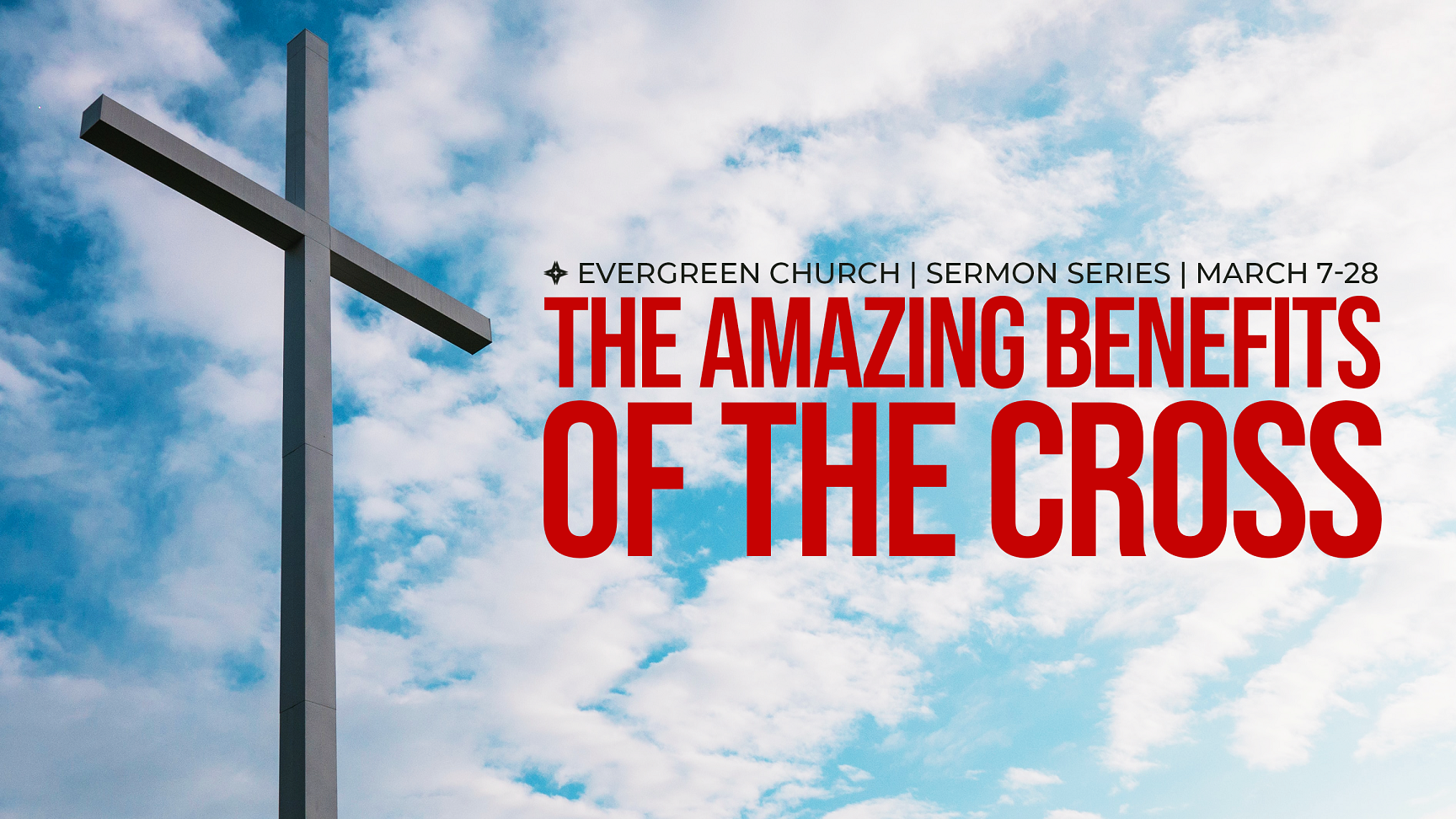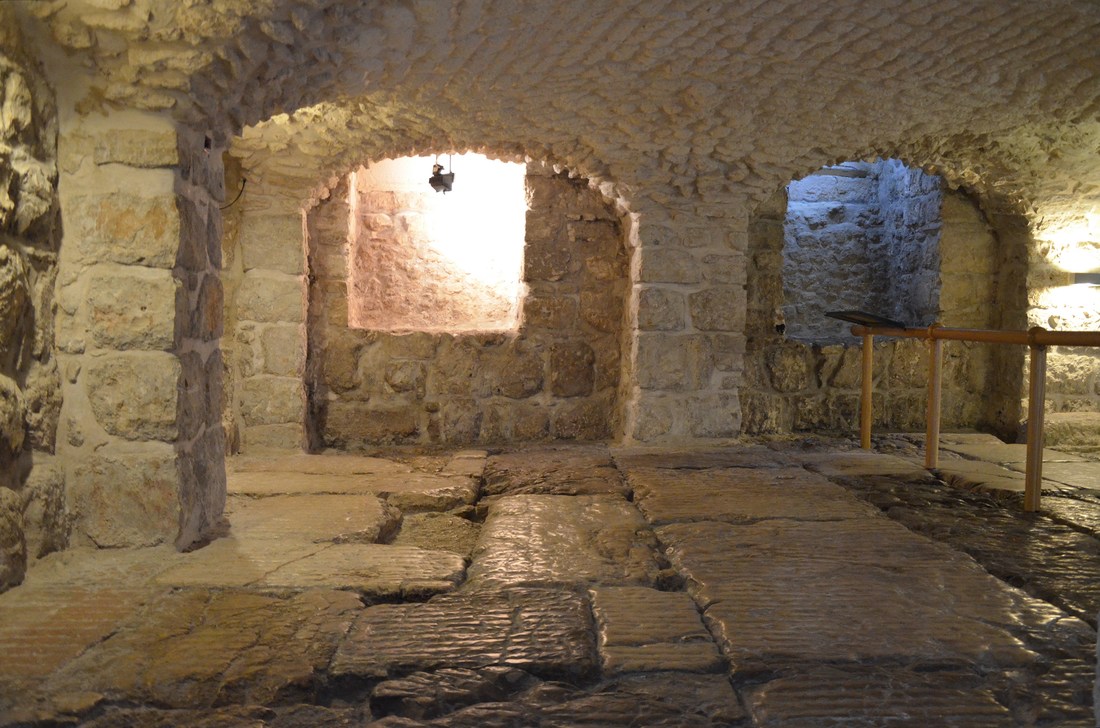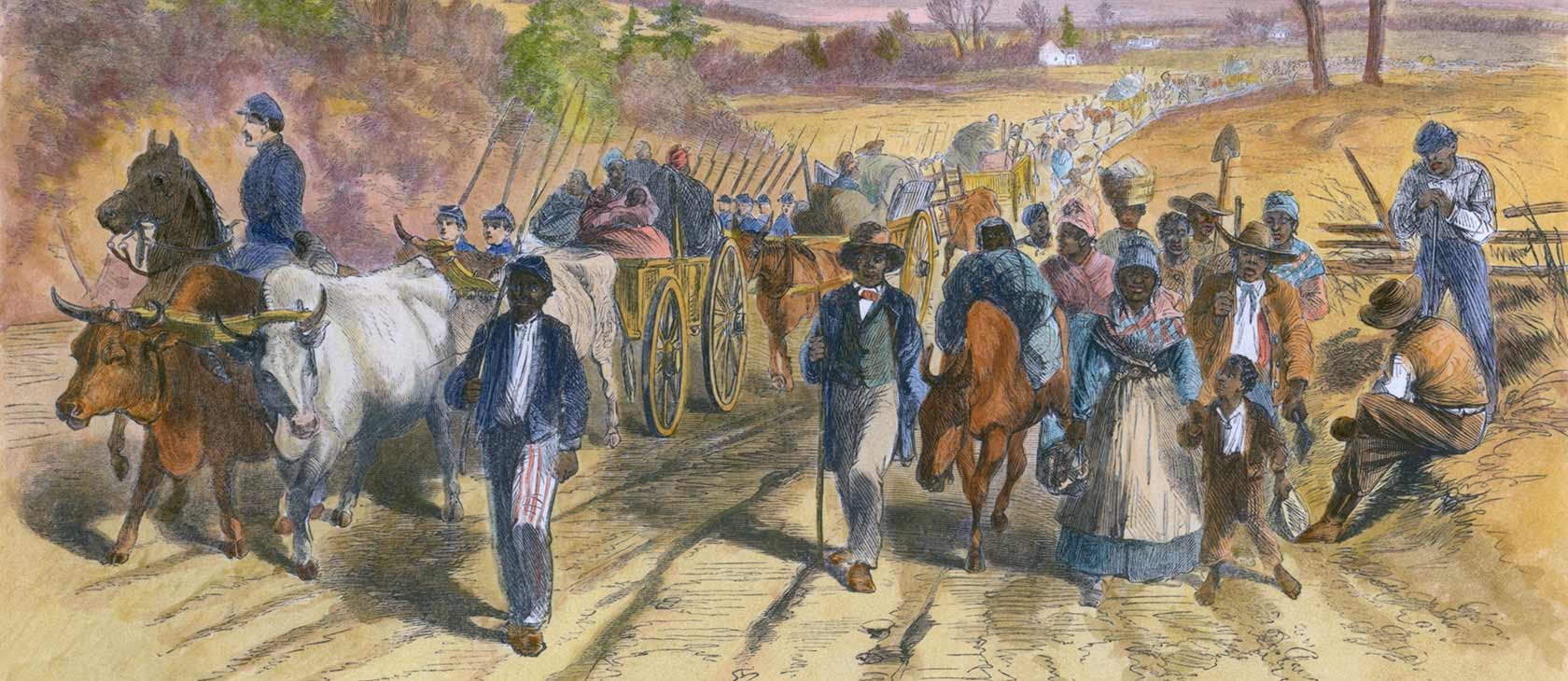
[Listen to an audio version here]
All around the world, wherever you travel, you will find a rather surprising symbol on the skyline. It is the symbol of the cross.
It’s surprising because the cross was an instrument of a particularly brutal method of capital punishment in the Roman Empire. It does not seem like the sort of thing that you would put your hope in.
Yet there it is. Hundreds of millions of people around the world would say with the great preacher of the cross, the Apostle Paul, “May I never boast except in the cross of our Lord Jesus Christ, through which the world has been crucified to me, and I to the world” (Gal. 6:14). Astonishing words!
Why would so many people make their boast in this gruesome instrument of capital punishment? The reason is that it answers the basic questions of life that we all struggle with. In this big universe, am I significant? Do I matter? Am I accepted? Do I have value? Can I fulfill my destiny? What about life after death? In the cross we have all these questions answered.
As we consider the cross, I want you to think of the cross in terms of the benefits or blessings God gives to all who accept His message about the cross. All of these benefits answer some of the basic questions we have about our own life and about existence. These benefits are justification, adoption, sanctification, and preservation. We are going to look at these over the next few Sunday’s.
Today, we begin with justification. The question of justification arises for us when we start to ask, have I made of myself what I ought to have made of myself? What have I done with my existence? As soon as we seek to answer that question honestly, we face guilt. We have not become what we should have. We have not done what we should have. We have, in fact, done many things completely contrary to what we should have. We deal with this as individuals, and we deal with this as a society. We may think that guilt is not a big factor in human life, but, upon further reflection, it really is. As the theologian Paul Tillich noted, it is astonishing how much guilt comes out in psychoanalysis.
But the situation is actually worse than we think. The guilt we feel is sometimes misplaced. We feel guilty about things we should not and do not feel guilty about things we should.
Guilt is not a mere psychological phenomenon. We also have to give an account to God who judges justly and rightly and takes what we have done very seriously. We may not like this aspect of God, but, if we think about it, it’s quite important. Imagine a God who didn’t care about wrongs and injustices. Would we really want to worship such a God? Not at all. We also are opposed to injustices and wrongs but generally the ones that others commit. God is concerned about all of them, and He is no respecter of persons.
When we are dealing with justification, we are dealing with these questions. What does God do with evil and injustice? How does He evaluate it? And how does He evaluate me? This is the most central question of the cross and the most important doctrine of the Christian religion. As John Calvin said, “The subject of justification, therefore, must now be fully discussed, and discussed with the recollection that it is the principal hinge by which religion is supported, in order that we may apply to it with the greater attention and care.” So, with that in mind, let’s dive into this passage.
The Meaning of the Word “Justify”
The key to understanding this passage is to understand the meaning of the word “to justify.” Here is its most basic meaning, “to declare righteous.” It is not to turn someone into a righteous person or make them just. It is to declare someone righteous. When you justify someone, you say that they are a righteous person or have done what they were supposed to do. Got it?
Now, I’ll ask a question. Can you justify God? Think about it for a second. If you said, “no,” then go back to the definition. Can you declare God to be righteous? Of course you can. In fact, you not only can, but you should and must. In Luke 7:29 we read, “All the people, even the tax collectors, when they heard Jesus’ words, acknowledged that God’s way was right, because they had been baptized by John” (Luke 7:29). The word translated here “acknowledged was right” is “to justify.” Same word as in our passage.
Now, here’s another question. Can you justify the wicked? Think about it for a second. Well, you can. You can declare them righteous, but you shouldn’t. God actually says that. The King James Version brings this out, “He that justifieth the wicked, and he that condemneth the just, even they both are abomination to the Lord.” To justify the guilty is to say that the guilty is righteous and to do that is to lie and bring about an injustice.
So, in light of all that, how can God justify the ungodly? Romans 4:5 says that He is the “God who justifies the ungodly.” He is the God who calls sinful, wicked, adulterous people perfectly righteous and completely innocent? How can He do that? It would seem to be a lie. It would seem to be a miscarriage of justice. It doesn’t make sense!
You can see that the weight of this question is evident in this passage. He presented Christ as “an atoning sacrifice” (Rom. 3:25) so that He might be “just and the justifier” of the one who has faith in Jesus. In other words, there was a question about whether God would be just in justifying a believer because that believer is not just. To declare him righteous would be wrong. So, how can we put these things together? Well, I’ve hinted at the answer here, but let’s take our understanding of the word “to justify” and plug it into this passage and see if we can resolve it.
Romans 3 & Justification
In Romans 3, we read that no one will be justified by the works of the law. We should read “works of the law” as doing of the law. Now, why would no one be declared righteous because they did the law. Is there something wrong with doing what the law says? Of course not! Normal justification would result from someone doing the law and being declared righteous on the basis of having done the law. They do what the law says, and then they are declared righteous.
So, why can’t anyone be righteous on the basis of doing what the law says? The answer is that we have not done what the law says. The law says to love the Lord our God with all our heart, mind, soul, and strength and to love our neighbor as ourselves. None of us have done this. In fact, we have done the opposite. So, when we hear the law, we do not hear it rightly, if we hear it saying, you have done all these things. Rather, “through the law we become conscious of sin.” That is, it tells us that we have not done these things.
We can’t be declared righteous on the basis of the law, because we’ve all broken the law. If God evaluates us on the basis of the law, then we will be condemned as guilty not justified as righteous.
So, what are we to do? There is another righteousness, a different sort. It couldn’t come from obeying the law. It came from God. Now note that the Law and the Prophets testify to it (Rom. 3:21). Here the word “law” does not refer to God’s commandments. It refers to the Old Testament. What Paul is saying is that the Old Testament showed that there was another way to be justified. Paul will elaborate on this method throughout the book. See especially chapter 4, where he shows how God justified ungodly Abraham and David.
Paul describes this righteousness by saying this righteousness is by faith. What this means is that it is a gift from God. Faith does not do for someone. Faith trusts what someone else will do. So, faith is a fitting virtue to be the recipient of another sort of righteousness.
This other righteousness is a gift from God that is given to anyone who believes. Being a Jew or Gentile gives no advantage in justification, “for all have sinned and fall short of the glory of God” (Rom 3:23). Everyone is condemned on the basis of the law. Everyone can be declared righteous on the basis of a righteousness from God, if they will only receive it by faith.
The question then becomes, how in the world can God simply declare people righteous who don’t deserve it? It would seem to be a lie. It would seem to be unjust. Imagine a professor giving a test. Some do not study and do badly. Others study hard and get an A. Then, the professor simply says, “I have decided to simply give everyone an A.” That would seem unjust.
So, how can God do it? Well, He satisfies the demands of the law on behalf of sinners. How? “All are justified freely by his grace through the redemption that came by Christ Jesus” (Rom. 3:24). The word “redemption” means a payment. The law demanded that we “pay” righteousness and “pay” the penalty of death, if we did not give that righteousness. “The wages of sin is death” (Rom. 6:23). Jesus paid the righteousness we owe and paid the punishment due to sin on the cross. That is what redemption is all about. The cross is payment for sin and the fulfillment of the righteousness we owed to God. So, we get declared righteous freely because Christ pays for us! He pays everything, and we get everything! That is an amazing deal. All we have to do is accept it. It’s a gift!
Paul drives this point home in verses 25–26. He says that there was a problem in the past. God declared people righteous, but no payment had been given. “In his forbearance he had left the sins committed beforehand unpunished” (Rom. 3:25). The Old Testament is full of sinful people, but God justified them freely by His grace, even though payment had not been given.
How could God do that? He knew that in the fullness of time, the Son would come and would redeem them through the cross. God presented the Son as an atoning sacrifice for our sins (Rom. 3:25).
In doing this, God demonstrated that He was and is righteous. Because Christ pays the just penalty of the law, we can be declared righteous. It is not our righteousness, it is Christ’s. As a result, God is both just and the justifier of the one who has faith in Jesus.
If we believe in Jesus, then God declares us perfectly righteous, just as if we had been as righteous as Jesus and suffered all that He had suffered. That is the amazing benefit of the cross. We are justified, declared righteous, because of what Jesus has done.
Conclusion
Justification by faith alone is the foundation of our faith and of our faith in the cross in particular. I think you can now see why John Calvin said that this doctrine is the “principle hinge by which religion is supported.” It’s really essential. Martin Luther said that the church stands or falls based on this doctrine.
For us, as individual Christians, it is a foundation for unspeakable joy and peace, a refuge in the midst of the storms of life. It’s easy to see why Paul concludes his letter with a blessing of joy and peace by the power of the Holy Spirit. Justification by faith alone provides us a basis for that joy and peace (see Romans 15:13).
This is the amazing benefit of the cross. God takes sinful people, people who have ignored Him and flaunted His laws, people who have hated each other, and have misused all the gifts He has given us, and He declares them to be perfectly righteous forever because of what Jesus has done for them. That is an amazing benefit indeed. Thanks be to God for His indescribable gift.






